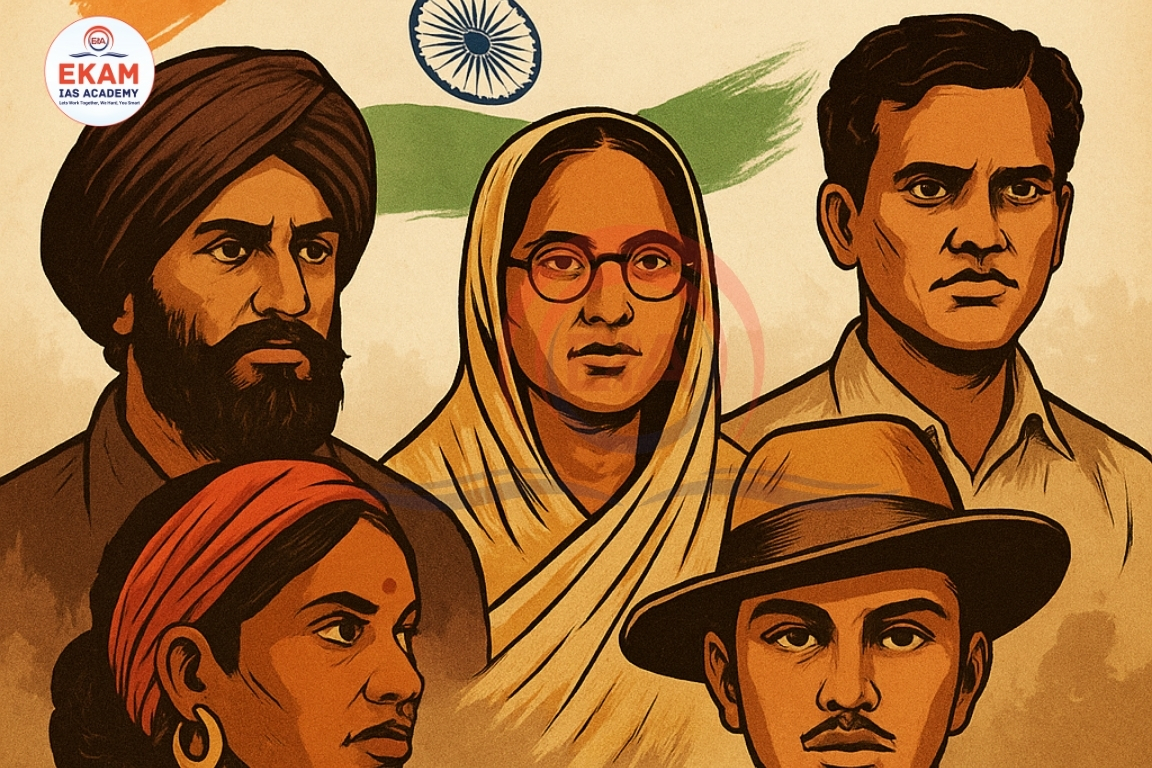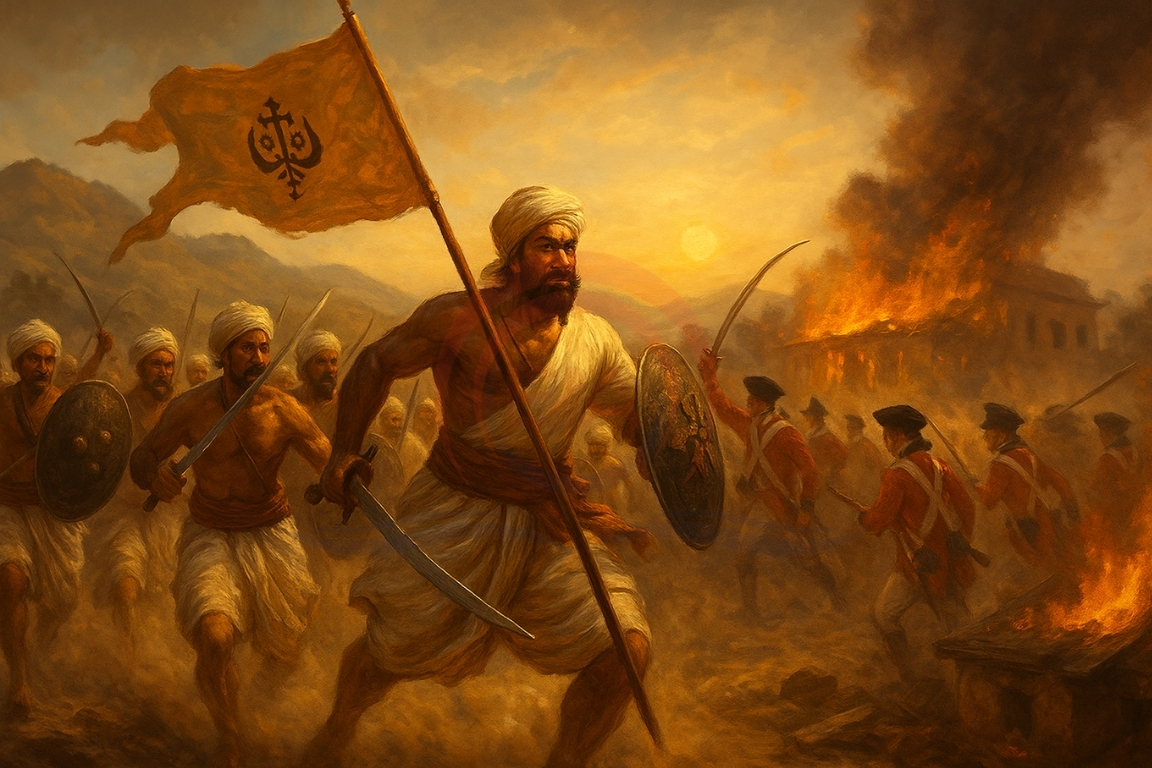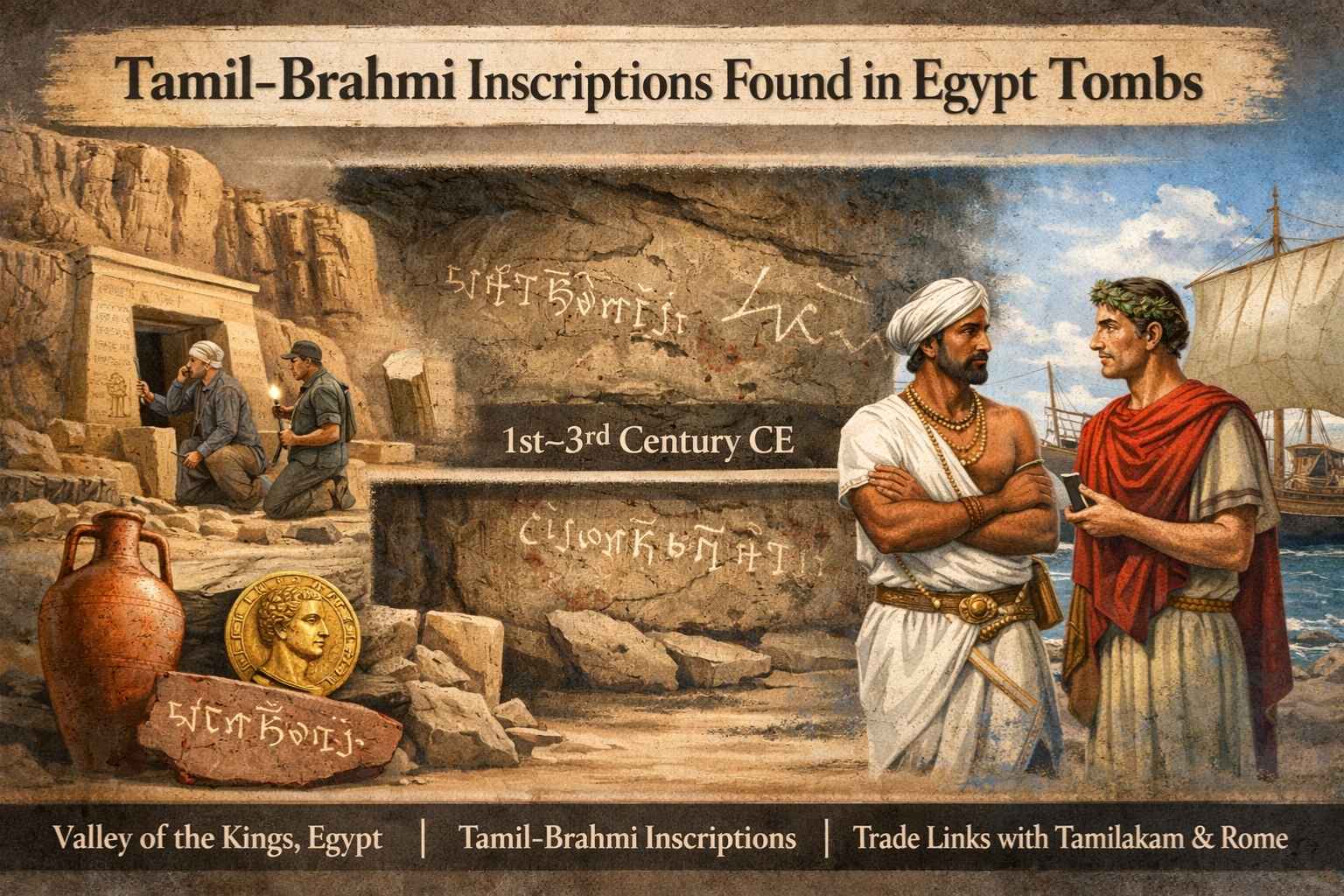A recent editorial focuses on lesser-known Indian freedom fighters from marginalized communities, calling for their rightful place in our national memory. It emphasizes the need to preserve the inclusive and democratic values of India’s freedom movement.
Why the Issue Matters
- India’s history often highlights elite leaders, sidelining women, Dalits, Adivasis, and local warriors who played critical roles.
- With rising caste and communal divisions today, inclusive history can foster unity and ethical citizenship.
Unsung Heroes of India’s Freedom Struggle
- Many regional leaders and marginalized figures resisted colonial and social oppression.
- Examples include:
- Rani Durgavati – a Gond queen who fought Mughal forces.
- Uda Devi – a Dalit woman warrior in the 1857 revolt.
- Tribal leaders – Bhil, Santhal, and Munda fighters who challenged British authority.
- Their courage was rooted in dignity, cultural identity, and resistance to injustice.
Need for Inclusive Historical Narratives
- History textbooks often ignore contributions from backward castes and tribes.
- This creates an incomplete picture of India’s freedom journey.
- Narratives must be broadened to reflect democratic, pluralistic values.
Relevance to Present-Day Society
- Inclusive history promotes empathy, civic values, and social justice.
- Helps counter growing caste and religious polarisation.
- History should inspire solidarity and ethical responsibility, not just political pride.
Conclusion:
India’s freedom struggle must be retold through the lens of equality and inclusion. Honouring the bravery of unsung heroes strengthens democracy and instils moral values in future generations.





